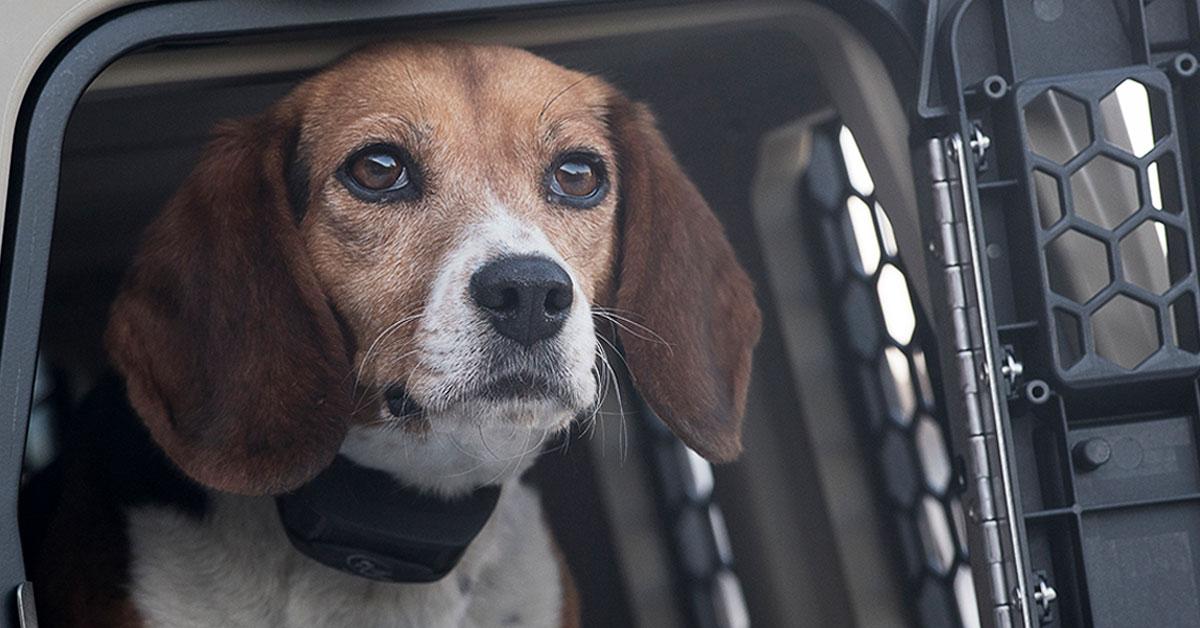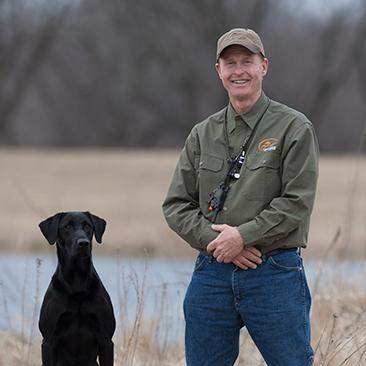
6 Travel Considerations for Hunting Season
Posted by Tom DokkenOne-day or weekend bird-hunting trips are nice if you’re fortunate to have good destinations close to home, but for many hunters, long-distance, out-of-state trips are the norm. These extended adventures require more planning if you want to enjoy them to the fullest. Here are some considerations to keep in mind.
1. Where will my dog sleep? If you’re staying at a hotel, make sure you understand their pet policy. If your dog is used to living in the house, you’ll obviously want to bring it into the room with you. If the hotel doesn’t allow that and your dog will be spending its nights in the truck, now is not the time to find out about its barking endurance. So, pick your plan: get the OK to bring your dog inside, or figure out a comfortable, secure way for your dog to stay outside in its crate. Important Note: As I’m writing this, we are still in the midst of the COVID-19 chaos. Check and then double-check with your hotel that they are still operating and if they have any new policies of which you should be aware.
2. Allow for enough rest. No matter how much exercise your dog gets during the off-season, hunting day after day on an extended trip will be taxing. Make sure it gets quality rest time; don’t hunt for several hours without a break. Depending on your dog’s age and fitness level, you might want to build in a complete 24-hour rest day, which should pay off later in the week.
3. Don’t let your dog waste energy. A dog that barks because it’s nervous and not used to traveling (See No. 1 above) is wasting energy. At night, if your dog is sleeping outdoors in a crate, make sure it doesn’t need to burn calories just to stay warm. The zip-on, insulated kennel covers are incredibly efficient and can really help with this. On the other hand, don’t underestimate how dangerous warm weather can be. If it’s hot, plan short hunts, hunt near water and don’t get too far from your vehicle.
4. Water, water, water. Carry as much water as you reasonably can, and give your dog lots of opportunities to drink. (Make your non-dog buddies carry an extra bottle too.) If your dog will drink right from a squirt bottle, that’s a huge advantage. A neat trick is to dab some peanut butter on a bottle top so your dog learns to associate the bottle with something good. After a few times, simply transition to filling the bottle with water and encouraging your dog to drink from it.
5. Always consider first aid. There's an abundance of resources available to help you assemble a first aid kit, so I won't go into extensive detail about it here. I prefer to have a comprehensive kit in my truck and a more compact one in my hunting vest. Below are the essential items. Feel free to customize them as you see fit.
- Eye wash for rinsing seeds or other foreign matter
- Antiseptic for initial treatment of cuts
- Antibiotic ointment to apply before bandaging wounds
- Gauze to apply after the ointment
- Flex bandage aka “pre-wrap” to hold gauze in place
- Waterproof tape to finish dressing wounds
- Fine-nose pliers, scissors and clippers
- Skin stapler for emergency use before getting to a vet
6. Where’s the nearest vet? Look up vet offices and their emergency numbers for the areas you’ll be hunting. Write down the info and store it in your phone. If the unthinkable happens, you’ll have a head start on getting your dog in for treatment.

Tom Dokken
Northfield, MN
Dokken brings more than 45 years of retriever-training experience to the SportDOG team. He is well known as the inventor of Dokken’s Deadfowl Trainer, which has become standard equipment for retriever trainers everywhere. He is the owner of Dokken Dog Supply and Dokken’s Oak Ridge Kennels, the largest gun dog...
Related Products
NoBark SBC-10
SALE $79.99

